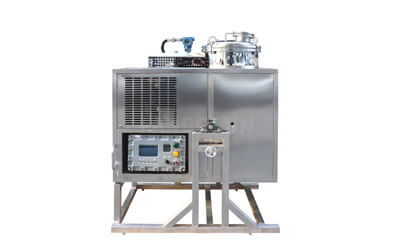Let’s talk about something we rarely think about but can’t live without: sulfuric acid. This powerhouse chemical is everywhere—in car batteries, industrial manufacturing, labs, and even some household cleaners. But here’s the catch: once it’s used, you can’t just toss it down the drain. Improper disposal harms the environment, wastes money, and risks legal trouble. So, how do we recycle sulfuric acid safely and effectively? Buckle up—we’re diving into a guide that’s equal parts science, practicality, and eco-friendly passion.
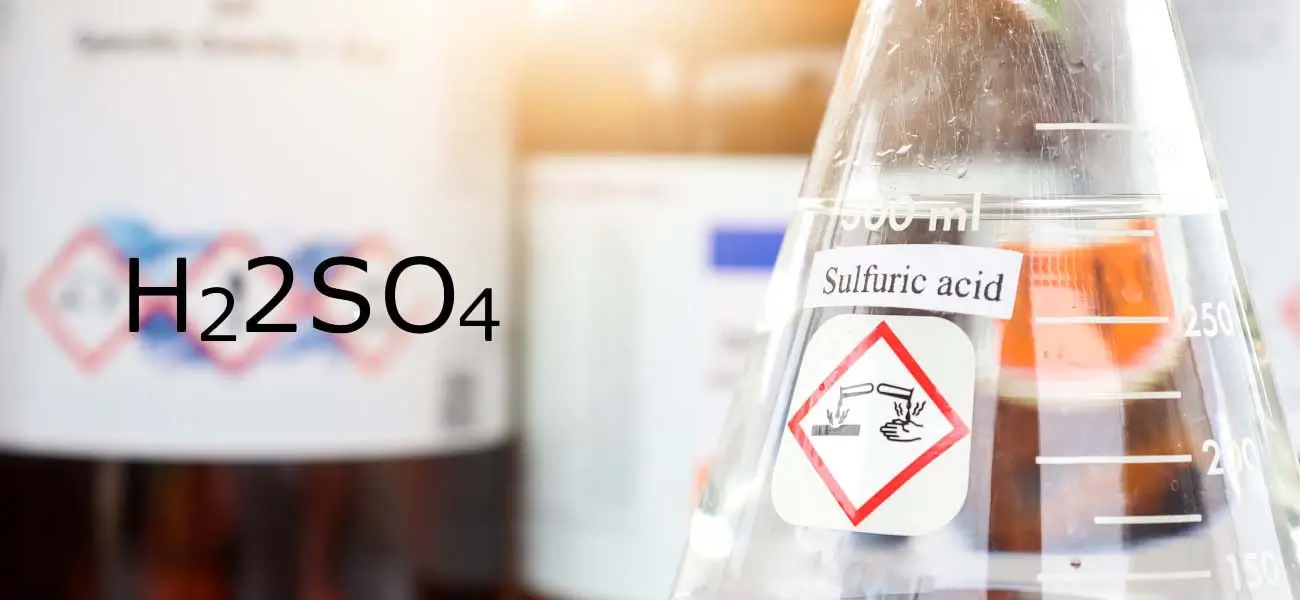
Why Bother Recycling Sulfuric Acid?
Before we get into the “how,” let’s tackle the “why.” Sulfuric acid is a corrosive, toxic liquid that can wreak havoc on ecosystems. Pour it down the drain, and it contaminates water supplies, kills aquatic life, and even damages plumbing. On the flip side, recycling it reduces the need for new acid production (which is energy-intensive) and saves money—especially for industries that use it in bulk.
What happens if you mix old sulfuric acid with other chemicals?
Glad you asked! Mixing spent acid with unknown substances can create dangerous reactions—think toxic fumes or explosions. Always store used acid separately in labeled containers.
The Nuts and Bolts of Recycling Sulfuric Acid
Recycling sulfuric acid isn’t rocket science, but it does require care. Here’s a simplified breakdown:
Collection & Storage: Store used acid in chemical-resistant containers (like polyethylene). Never use metal—it’ll corrode! Label everything clearly.
Neutralization: For small quantities (like in a home lab), slowly add baking soda to neutralize the acid. It’ll fizz and release heat—safety goggles mandatory!
Professional Treatment: Larger batches? Leave it to the pros. Facilities use methods like distillation or ion exchange to purify the acid.
But what if there’s a smarter, faster way to do this? Enter…
The Game-Changer: Solvent Recovery Machines
Imagine a coffee maker that turns stale coffee back into fresh brew. That’s essentially what a solvent recovery machine does for chemicals like sulfuric acid. These devices heat contaminated acid, vaporize the pure liquid, and leave impurities behind. The result? Up to 90% of the acid is reclaimed and ready for reuse.
Why love solvent recovery machines?
Cost Savings: Recycling is cheaper than buying new acid.
Eco-Friendly: Slashes hazardous waste output.
Space-Saving: Compact machines fit in labs or workshops.
Can solvent recovery machines handle other chemicals too?
Absolutely! Many models work with solvents like acetone or ethanol. Check the machine’s specs to match your needs.
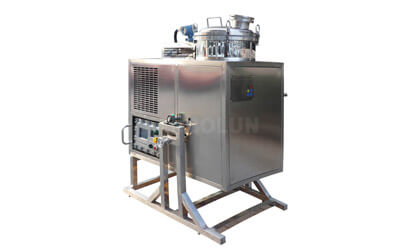
Solvent Recycling Equipment (90L)
Model: T-90EX
Feed capacity(L): 90
Power(kW): 5
Recovery(%): 95
View More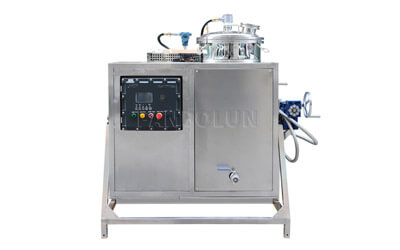
Solvent Recycler Machine (125L)
Model: T-125EX
Feed capacity(L): 125
Power(kW): 6
Recovery(%): 95
View More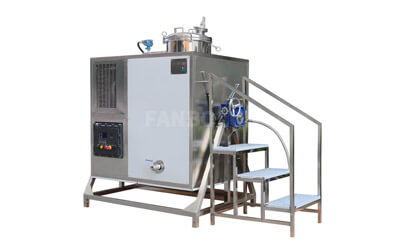
Solvent Recycling Machine (250L)
Model: T-250EX
Feed capacity(L): 250
Power(kW): 16
Recovery(%): 95
View More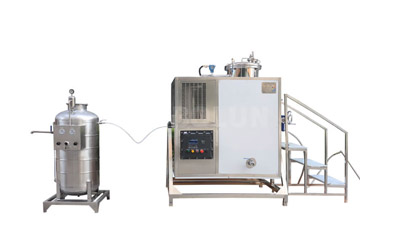
Solvent Recycling System (600L)
Model: T-600EX
Feed capacity(L): 600
Power(kW): 32
Recovery(%): 95
View More
Safety First: Don’t Skip These Steps
Recycling acid isn’t a DIY project for reckless weekends. Here’s how to stay safe:
Wear PPE: Gloves, goggles, and aprons are non-negotiable.
Ventilation: Work in well-ventilated areas to avoid inhaling fumes.
Emergency Plan: Keep baking soda or lime nearby to neutralize spills.
Pro Tip: Feeling overwhelmed? Many companies offer pickup services for used acid. Google “hazardous waste disposal near me” and breathe easier.
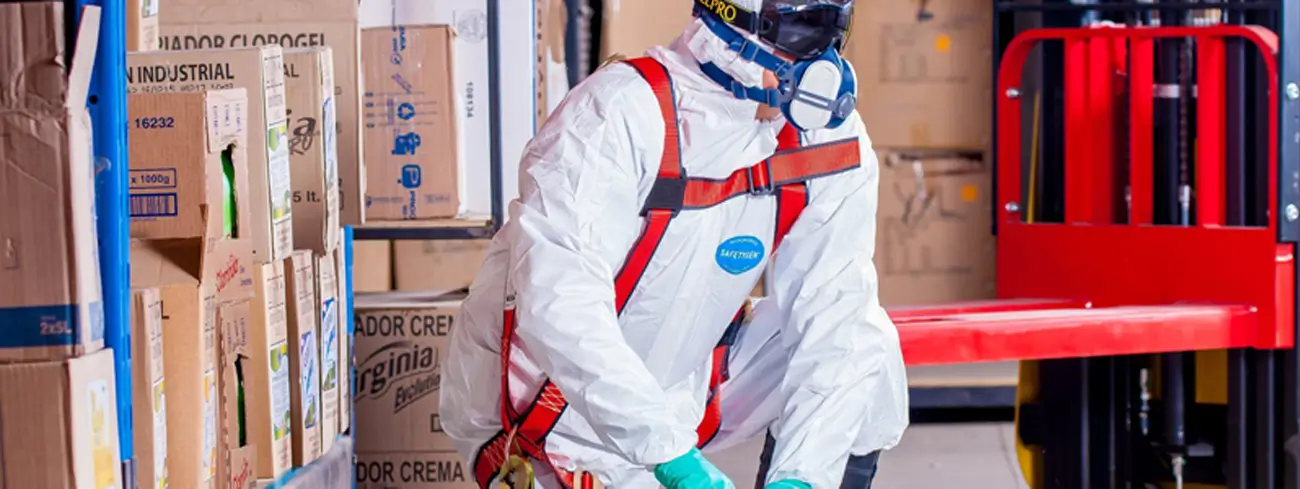
Real-World Impact: Stories That Inspire
Meet AutoFix Garage, a small repair shop that recycled 500 liters of battery acid last year using a solvent recovery machine. Their cost savings? Enough to fund employee training programs. Or take GreenLab Co., a startup that turned acid recycling into a community education project. Their mantra: “Waste isn’t waste until we waste it.”
What’s the biggest myth about recycling sulfuric acid?
That it’s “too complicated” for non-experts. With the right tools and precautions, anyone can contribute—no chemistry PhD required!
Your Next Move: Start Small, Think Big
You don’t need a million-dollar budget to make a difference. Even simple actions matter:
Schools can teach acid recycling in chemistry classes.
Hobbyists can partner with local labs for disposal.
Businesses can invest in solvent recovery machines (tax incentives often apply!).
Recycling sulfuric acid isn’t just about following rules—it’s about respecting the planet and future generations. As the saying goes, “We don’t inherit the Earth from our ancestors; we borrow it from our children.”
Final Thought:
Got a bottle of old acid sitting around? Don’t panic—plan. Whether you neutralize it at home or team up with a recycling service, every drop counts. And hey, if you’re ever unsure, reach out to a professional. The planet (and your plumbing) will thank you.

